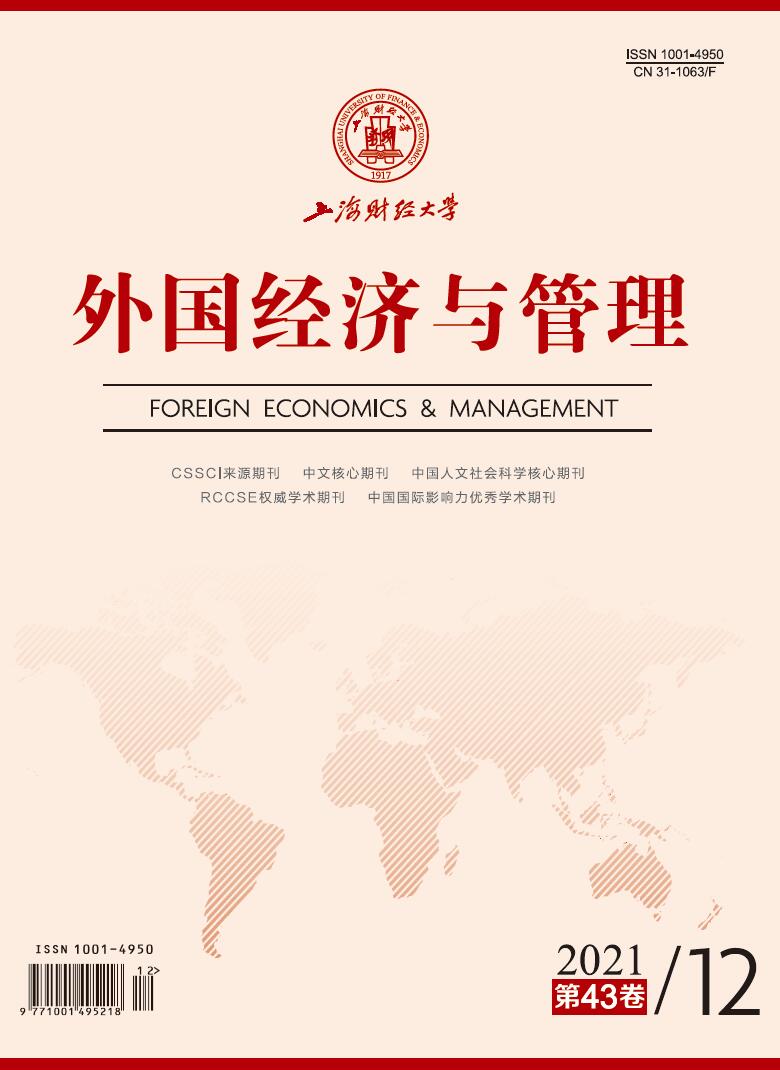In the feudal history of China, the patrol supervision system was often considered as the backing of the imperial power and the weapon of the bureaucratic ruling class, which embodied the heavy centralization system. After the founding of the Communist Party of China, it began to learn from the ancient supervision system and gradually began to use the patrol supervision system, which is the inheritance of Chinese political culture. Since the 18th CPC National Congress, the Party organization has adhered to the principle of comprehensively and strictly administering the Party. As a means to implement the main rectification responsibility and strengthen organizational construction, the patrol supervision work has been included in the overall deployment.
As a strategic institutional arrangement of inner-Party supervision, patrol supervision has become an important means for the Party organization to participate in governance. In recent years, in the study of many governance elements of state-owned enterprise corporate governance, the research of patrol supervision participation in corporate governance has gradually become a hot topic of academic concern. This paper constructs a model to test the logical relationship between patrol supervision and the high-quality development of state-owned enterprises by collecting the relevant data from 2012 to 2018. Through the regression analysis of relevant data, the results show that: (1) Patrol supervision is beneficial to improve the TFP of state-owned enterprises and promote their high-quality development. (2) Independent innovation is an important way to promote the high-quality development of state-owned enterprises. Further study finds that: (3) Compared with low capital mix, high capital mix is more conducive to promoting the positive impact of patrol supervision on independent innovation. (4) Compared with the external patrol supervision, the internal patrol supervision plays a more obvious role in promoting the high-quality development.
In addition, the characteristics of this paper are as follows: It adopts the research methods of interdisciplinary, normative and empirical analysis; it uses the multi-disciplinary knowledge to construct the research framework of patrol supervision on the high-quality development of state-owned enterprises, clarifies the logical relationship between the two, and theoretically analyzes the impact of patrol supervision on the high-quality development of state-owned enterprises; at the same time, by collecting data, models and other econometrics methods are used to make empirical analysis based on the data from patrol supervision and the high quality development of state-owned enterprises to improve the generality of conclusions. The marginal contribution of this paper lies in that: It takes patrol supervision as the connecting point, linking the national strategy and the micro-operation of enterprises, providing the empirical evidence that patrol supervision affects the high-quality development of state-owned enterprises, and expanding the research on the impact of patrol supervision on the high-quality development of state-owned enterprises; combing the logical relationship and theoretical framework of patrol supervision on the high-quality development of state-owned enterprises, it is beneficial to promote the comprehensive management ability, innovation ability and development ability of state-owned enterprises, and provides ideas and reference for perfecting the high-quality development of state-owned enterprises.





 5732
5732  8814
8814

